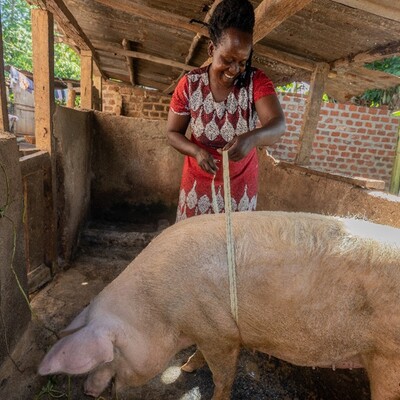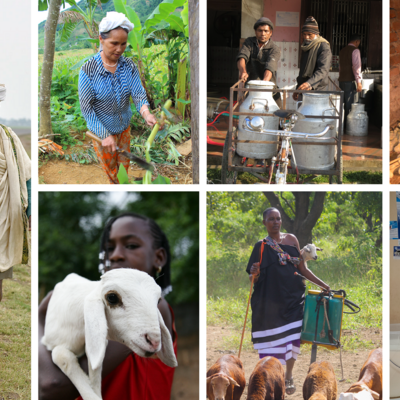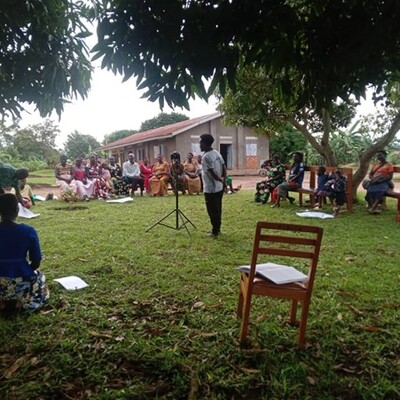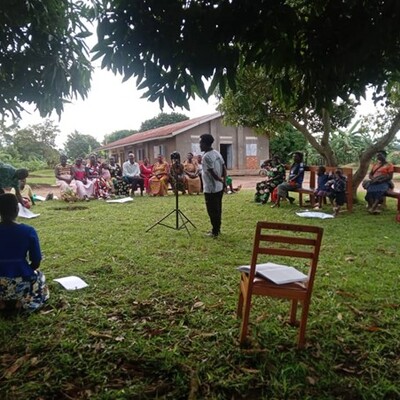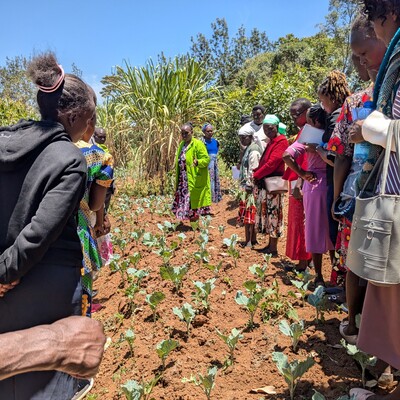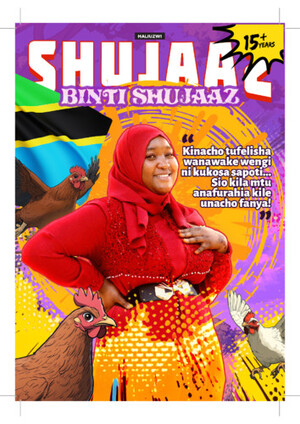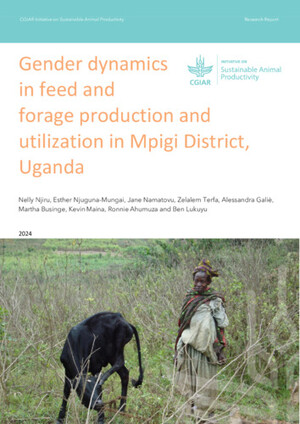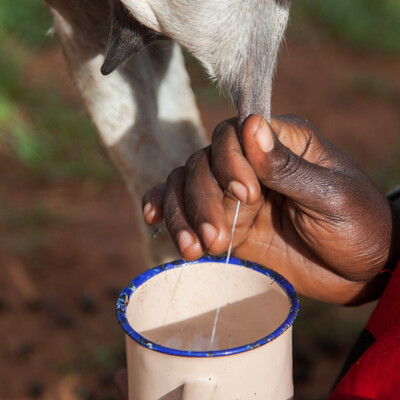

Towards gender equality: A novel index to measure the empowerment of women in livestock keeping households
Rural women make up the majority of the world’s 600 million poor livestock keepers, and tend to do most of the day-to-day farm animal management, including the processing, marketing and selling of animal produce in some contexts. The meat, milk and eggs from their livestock are key sources of nutrition for their families, especially when they are pregnant and for their growing children.
In many low and middle-income country settings, women find it easier to own and control some livestock species, such as small ruminants and poultry, than other assets, such as land or buildings. They can also own, sell and even take their herd with them if they are widowed or divorced.
By providing food on a daily basis, livestock also help women with their traditional task of feeding their families and offer an opportunity for regular cash income. Such income can be invested in larger flocks or more valuable species, allowing women to accumulate livestock under their control and slowly build their asset base. Consequently, livestock-keeping serves as an important entry point for supporting the empowerment of women.

Unintended consequences
Many international development programs aim to help poor livestock keepers to boost their productivity and profitability. But when these programs are gender-blind, they can inadvertently result in women losing control over the very assets and products that are traditionally under their domain, as men often take ownership as soon as the livestock start providing a significant income.
By failing to take into account the multiple social, technical and economic barriers that impede women livestock-keepers from being as productive as their male counterparts, and by overlooking the gender dynamics that determine who provides labour and who benefits from it, such interventions can end up exacerbating existing gender inequalities.
As such, decision-makers applying interventions in this sector need to be cognisant of their potential gendered impacts and tailor programs to provide empowering opportunities for rural women. Diverse strategies exist for doing so, yet they are difficult to prioritise without a reliable and adapted means to measure ‘empowerment’.
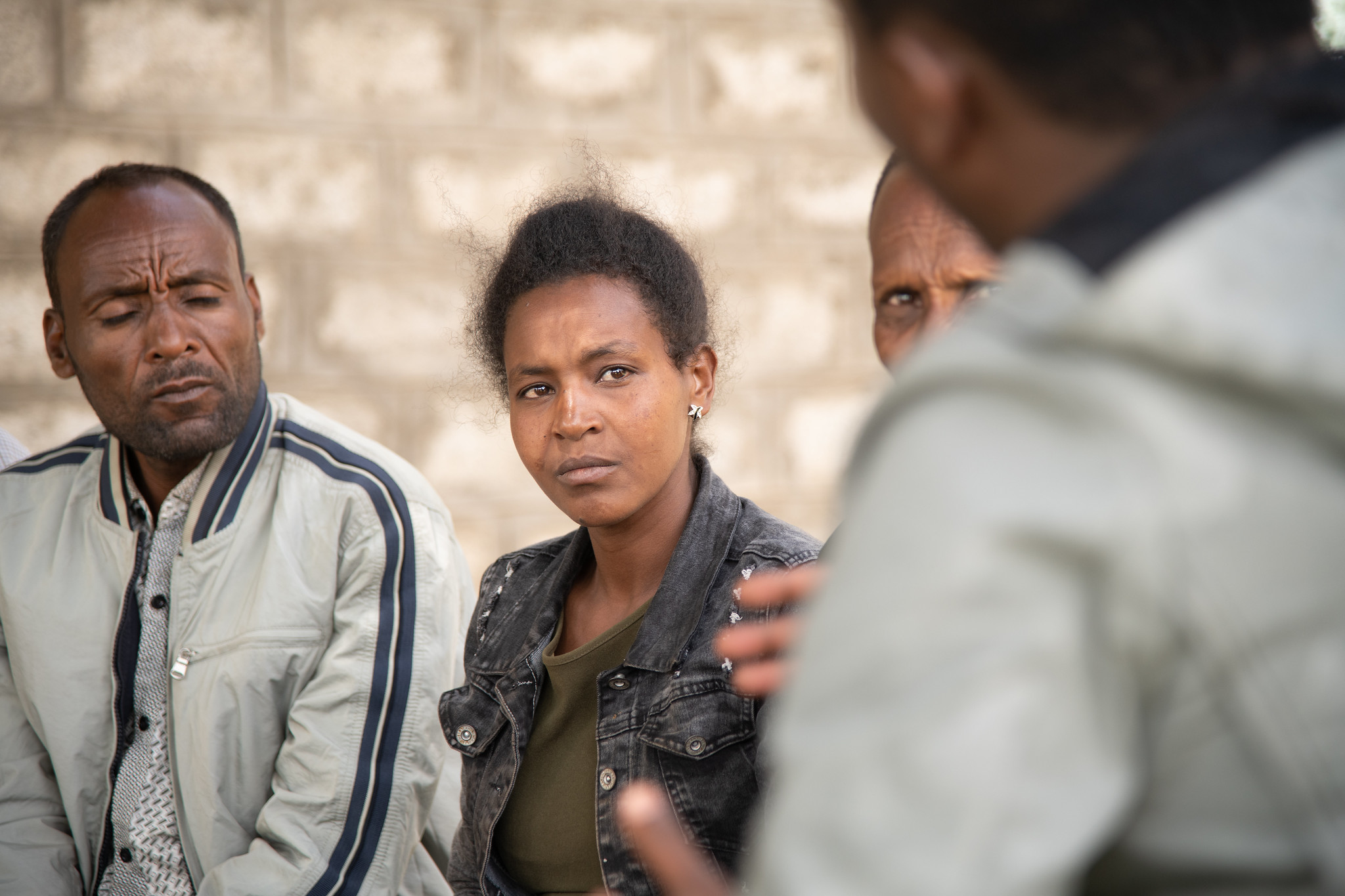
The solution
The Women’s Empowerment Livestock Index (WELI), which is designed to be applied in context where livestock is the dominant agricultural activity or where livestock interventions are the target. The WELI facilitates qualitative and quantitative assessments of the impact of livestock interventions on the empowerment of women involved in the sector.
By understanding what interventions work best at providing empowering opportunities, they can be refined and in the long term provide better empowering opportunities for women involved in livestock. Providing women farmers with opportunities for empowerment through livestock is important to both enhance household livelihoods and nutrition while also promoting progress on gender equity.
There are three versions of the WELI tool, fashioned to respond to user needs in terms of resources and availability to implement this household survey-based tool. The versions vary in length of the survey, with the full tool capturing much more relevant details beyond the data needed to estimate the index, while the extra short version captures only the data necessary to estimate the index in a reduced form.
To obtain the tools and guidance on how to use them, reach out to the WELI team here.
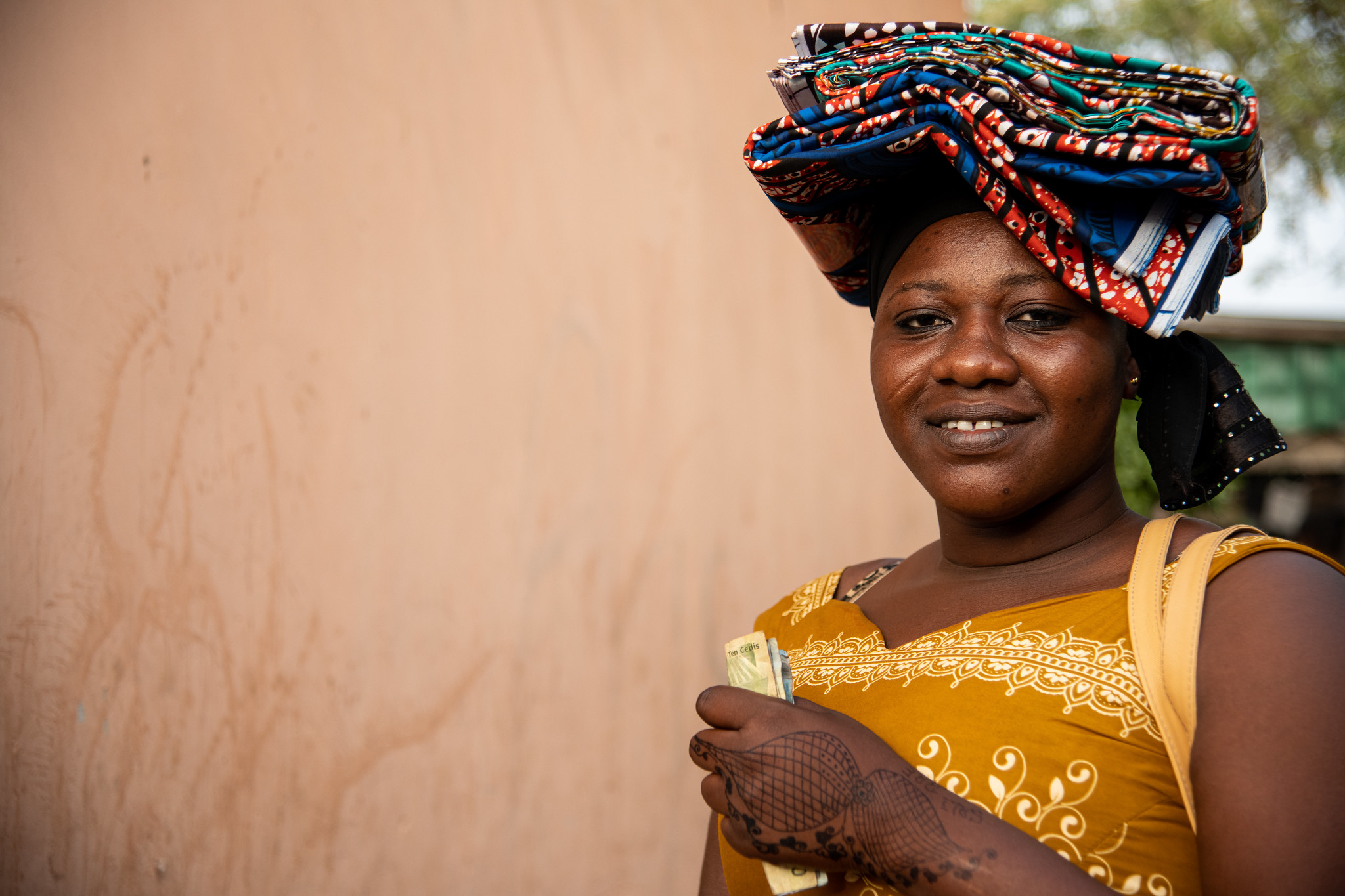
You may also like
Related Publications
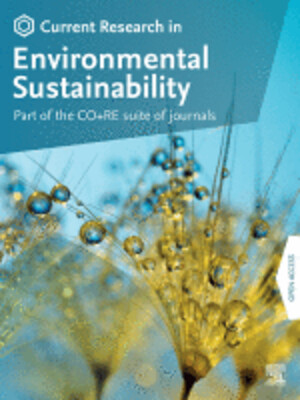
A positive deviance approach to understand gender relations and practices that support transformative adaptation: Insights from Kenya dairy households
- Bullock, Renee
- DuttaGupta, Tanaya
- Miriti, Philip

Gender and antimicrobial resistance: a conceptual framework for researchers working in livestock systems
- Emdin, F.
- Galiè, Alessandra
- Moodley, Arshnee
- Van Katwyk, S.R.
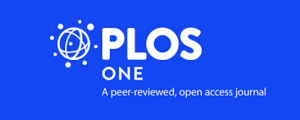
“Without a man’s decision, nothing works”: Building resilience to Rift Valley fever in pastoralist communities in Isiolo Kenya
- Mutambo, Irene N.
- Bett, Bernard K.
- Bukachi, S.A.

Gender considerations in innovation platforms in the livestock sector in Mali
- Gning, S.B.
- Dione, Michel M.
- Sene, M.T.D.
- Sow, Ahmadou
- Fall, Abdou






